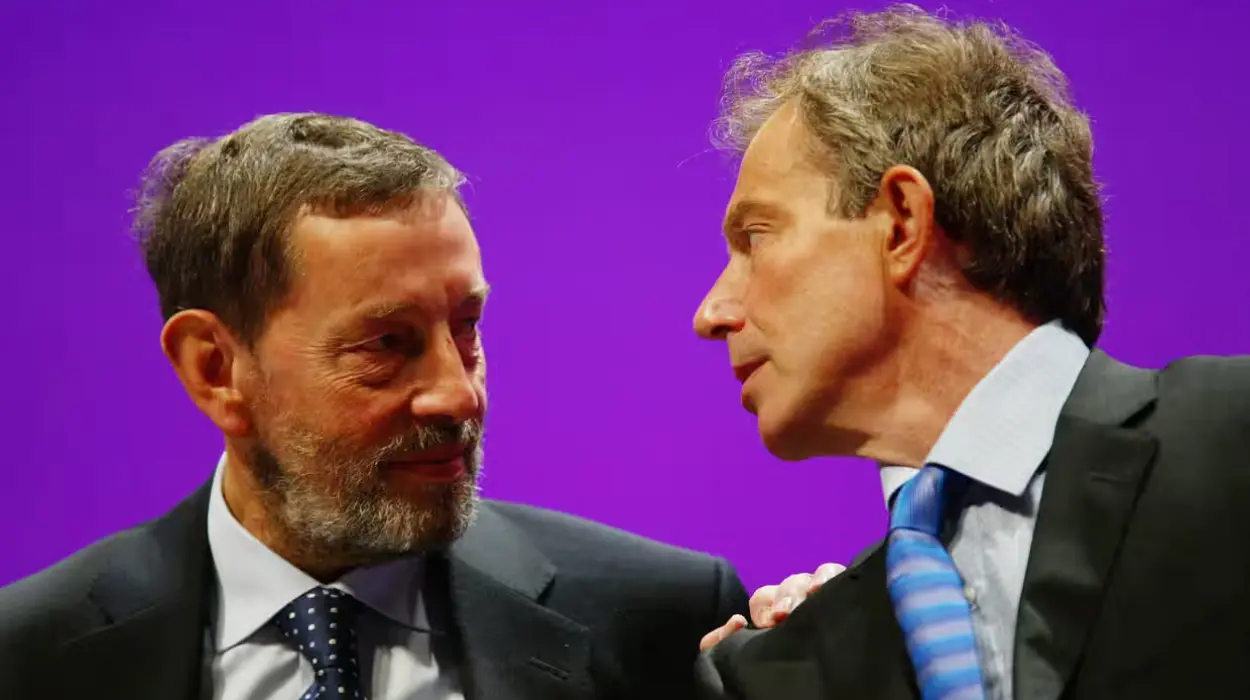UK (Parliament Politics Magazine) – Top Labour politicians, including John Prescott and Jack Straw, advised Tony Blair to postpone opening Britain’s labour market to eastern EU citizens in 2004.
New documents released to the National Archives in Kew, west London, revealed that Prescott and Straw raised concerns regarding a sharp rise in immigration if restrictions were not introduced.
As reported by the Guardian, other figures like the Home Secretary David Blunkett of that time argued that the economy required the “flexibility and productivity of migrant labour” to ensure its growth.
10 countries, mainly from former Eastern Europe bloc nations with lower incomes, officially became EU member states on 1 May 2004.
Once they became EU citizens, citizens from these nations were granted the right to live and work in the UK under freedom of movement. While Blair’s cabinet showed public support as 1 May neared, internal papers suggest more tense discussions.
In February 2004, Deputy Prime Minister Prescott and Foreign Minister Jack Straw urged Blair to delay the 1 May opening. At the time, the original 15 EU member states had the option to impose restrictions like work permits and annual caps for up to seven years after joining 10 new member states.
It was reported that most other major EU nations decided against access for two years, with only Italy yet to finalise its stance. Meanwhile, smaller states, except Ireland, implemented work permit policies to restrict migration.
Foreign Secretary of that time, Straw, in a letter dated 10 February 2004, wrote Blair to schedule a meeting with him, David Blunkett, and Andrew Smith, the work and pensions secretary, to consider deferring the decision until “a rather less feverish time (hopefully) in, say, November [2004].”
He stated, “If we do not think this through now”, the government could be forced to suspend the right to work for the new EU nationals “in the least propitious of circumstances.”
Copies of Straw’s letter were also sent to senior ministers, including then Deputy Prime Minister John Prescott backed Straw’s stance.
Mr Prescott raised concerns about housing shortages, warning that workers arriving in London and the South East could face overcrowding and poor quality accommodation.
Among the EU’s pre-2004 members, only Britain, Ireland, and Sweden fully opened their labour sectors. Straw observed that other nations, like Germany and France, which were thought to follow the UK’s policies, later introduced controls.
A meeting was set for 17 February 2004. The day before, Prescott wrote to Blair, expressing his agreement with Straw’s stance. He asked the PM to hold off on moving forward with the measures immediately and suggested they could be implemented at a later time. Prescott warned that it was important to carefully consider the decision to avoid needing to change it soon.
Mr Presscott also expressed worries regarding the effect the new EU countries could place on civic services, stating he was, “extremely concerned about the additional pressures they could bring to bear on social housing”.
Despite publicly backing the new EU workers, Blunkett wrote to Blair, opposing any restrictions on their right to work in Britain. He warned that such a plan would be “expensive, bureaucratic, and ultimately ineffective.”
Following the discussion, the government reaffirmed its decision to the 1 May deadline. From that date, EU workers could enter the UK with few restrictions, but they could only access benefits if they had a job.
BBC reported that the government was really concerned because it had previously projected that only 13,000 new citizens would come to the UK annually following the EU’s expansion.
Afterwards, net migration to Britain rose to over 200,000 individuals each year. Mr Straw later stated the lack of transitional controls was “spectacular” with long-term effects.
The problem of freedom of movement was a major concern in UK politics during the 2010s. Ukip, under Nigel Farage, received more than 3 million votes in the 2015 election with its anti-immigration opinion. The next year, the UK voted to leave the EU in a historic decision.

